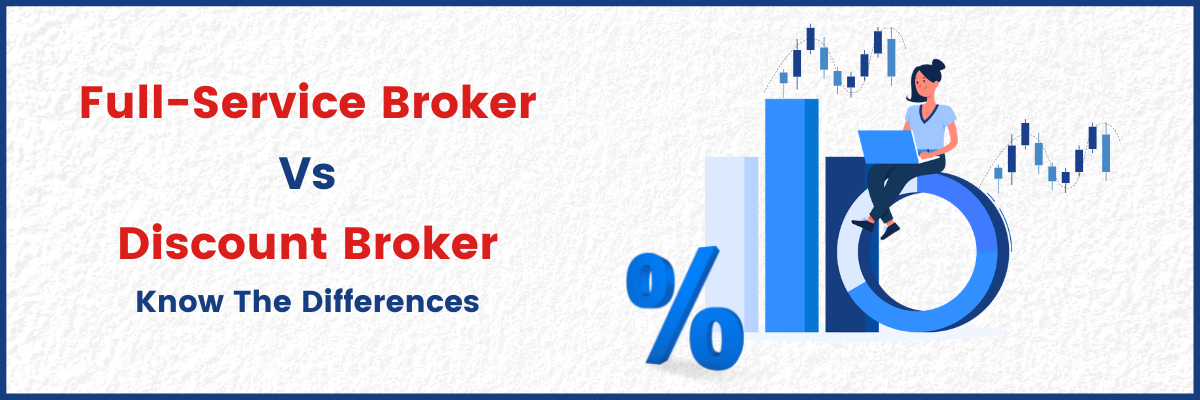Financial planners, financial advisors, investment advisors, call them what you may, but they are versatile in their offerings and, no, you don’t need to have lakhs of rupees in your bank to work with one and have them streamline your finances.
Anyone can benefit from speaking with a financial planner. And in fact, getting advice from a financial planner sooner rather than later can make a huge difference to your budget and finances, both professional and personal.
Certified financial planners or CFPs can by and large help with a variety of concerns.
Who is a financial planner?
A financial planner is a qualified financial or investments advisor. They provide their clients with professional advice regarding investments, insurance, tax, wealth management, and retirement planning. A financial planner provides individuals with advice concerning the management of their finances, and works for a firm or independently.
They can help people who need a strategy to pay off loans or need ways to generate income. They can also help young families settle down, mid-life individuals who need help maximizing their retirement savings and those who need assistance with tax planning and estate planning.
But their services don’t stop there. They can also help with income management and debt, guidance on student loans, mortgages and auto loans, retirement planning strategies, risk exposure and insurance planning, long-term care insurance, investment recommendations, proper asset allocation, saving for your children’s future, developing college funding strategies and minimizing your tax bill.
At GEPL Capital, financial planning is something that keeps us (and you) calm when there is panic all around, helps you through significant transitions in life, keeps you from feeling lost, helps you with retirement and most importantly, helps you achieve your financial goals.
The ultimate goal of a financial planner’s strategy is to enable you to reach your financial goals. A financial planner should help you make smart decisions that will impact your life for years to come. A financial planner is also someone who is up-to-speed with what the markets are doing, where the economy is headed, and where assets should be allocated.
Any financial advisor can make a financial plan and help clients make investments. But, the work of the best financial advisors does not end there. The best in the group-financial advisors regularly update their clients on how they are progressing towards their life goals.
They make a commitment to do whatever it takes to keep their clients on track. If changes need to be made, then they will communicate their thoughts with the client right away.
This personal touch and an element of hand-holding is another important benefit of a successful financial planner.
Working with a financial planner can be a big and exciting step. That said, there are certainly some milestones that strongly indicate it’s time to partner with a financial advisor and begin planning your path to long-term financial freedom.
When Is It Time To Hire A Financial Advisor?
You need a new perspective on your finances
- Maybe you already have an idea of what your next move should be, or how to best manage the rest of your finances. Or, maybe money management just feels really confusing and overwhelming. If you aren’t totally confident or wonder if there are better next steps for you to take, you might consider consulting a financial planner. Their expertise may be able to provide an option you haven’t yet considered. After taking a bird’s eye view of your financial profile they may be able to tell you if there’s something else you should be prioritizing.
An important event has occurred or will occur soon
- Triggering events, such as marriage, death, divorce and receiving a large inheritance, can have a large impact on how you manage your money — and sometimes even the progress you’re making toward your financial goals.
- As these events occur, you may think about getting a professional’s opinion on how an influx or a decrease in your wealth can impact what your next financial move should be. As you move through different phases of life, you start to focus on different areas of your finances.
You’re nearing retirement
- Of course, you can see a financial planner if you need help getting started with saving for retirement. But if you’re going to retire soon, it could be helpful to check in with a professional to make a plan for how you’re going to make your money last the rest of your life. This can feel like a weight off your shoulders. A CFP can help you better analyze your lifestyle expenses and your savings so you can decide on a safe amount of money to withdraw each year.
- A financial planner can also help you spot any holes in your retirement plan. Like, maybe you’ll need to save a little extra money which could mean having to remain in the workforce for a few extra years.
You’re considering taking an equity option in a start-up
- When most people land a job, they negotiate their salary and benefits. Some people, particularly those who work in tech start-ups, might be presented with equity in a company in exchange for a lower salary. Should you ever find yourself in this position, you will most likely want to talk to a financial advisor who can walk you through your options. The last thing you want is to make the wrong decision by either agreeing to take equity when you shouldn’t or taking too little equity when you should have more. Either way, a financial advisor can help you navigate these uncharted waters.
You’re simply looking to get your financial goals in order
- No rule says you have to experience a major life event to move forward with a financial advisor. Sometimes, you might just be unhappy with your financial situation. Rather than let it get out of control, you may want to take action to get things back on track as fast as you can. Partnering with a financial advisor can help.
In Conclusion…
While not everyone needs an ongoing relationship with a certified financial planner, pretty much everyone can benefit from having a consultation and some initial input with a CFP. Especially since there are a variety of concerns that a financial professional can assist with.
If you feel that you want to work with a financial planner, either because you are facing plenty of questions, do not have enough knowledge or expertise in specific areas, or simply do not have the time to become an expert, then gaining more insights about financial planning is a good first step.
Even if you don’t have a ton of disposable income, you can still get started on the right path by leveraging tech-driven advisors like GEPL Capital that can automatically rebalance your portfolio to help you meet your financial goals.





